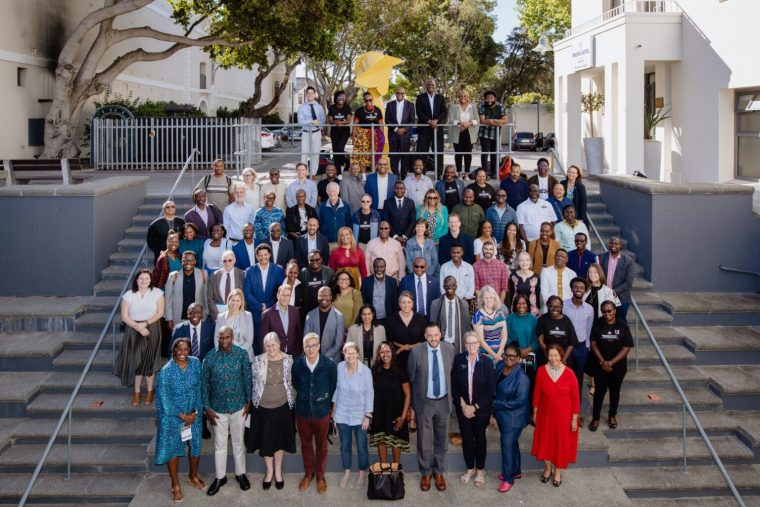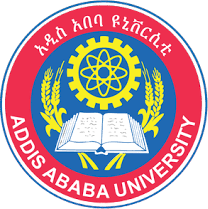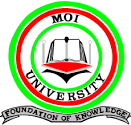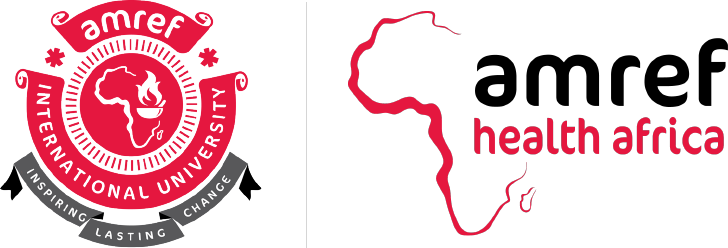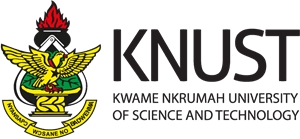This needs assessment research features a baseline study that engages with partner institutions in the Health Collaborative and key health ecosystem stakeholders.
The research scope is guided by the three pillars of the initiative: Health Employment (HEMP), Health entrepreneurship (HENT), and Health Ecosystems (HECO). Across these pillars are three main categories of study participants:
- Learners (students pursuing academic programs in health and entrepreneurs)
- Program leaders (program staff, faculty, and administrators at the respective university partners)
- Employers and entrepreneurship ecosystem partners
Research Management
Following the approval of U of T’s concept note by the Foundation, a core research team was formed made up of U of T and Amref representatives.
This study began with a co-creation workshop between U of T and Amref that informed the project’s management structure, draft workplans, contract/sub-agreement with Amref, and staffing requirements.


Study Design
Design of the NAR Study and proposal development conducted by the Africa Secretariat, University of Toronto.

Guided Leadership
The staff are guided by a Program Manager (Amref) and a Project Manager (University of Toronto), and by the Principal Investigator (PI) at the University of Toronto.

Collaborative Execution
The core research team, led by Amref Kenya and the University of Toronto, guides the execution of the study in collaboration with each partner institution.

Partner Engagement
Each partner is engaged through a Co-Principal Investigator (Co-PI) and pillar leads, who constitute the research team at each institution.
Methods
The study deploys a mixed methods approach involving quantitative and qualitative data collection.
A research ethics application was submitted to the respective international review boards (IRB) at each partner institution. The IRB approvals are required to begin data collection in each institution where Health Collaborative partners are based.

A purposeful sampling approach was used to engage target participants.
The workplan and list of participants is customized to reflect institutional structures and the proposed programs within each institution.
The research team at each partner institution continue to inform this process to determine how best to access participants within the institution and in the catchment communities that they already serve/or are planning to reach.
Achievements and Milestones
To date In the last year, there have been many achievements related to the study. Figure 1 below highlights the progress made in the NAR study. These activities span from obtaining Institutional Review Board (IRB) approvals, holding kick-off and check-in virtual meetings, development of study participant databases, development of tools, data collection, data management analysis, report writing, and documentation.
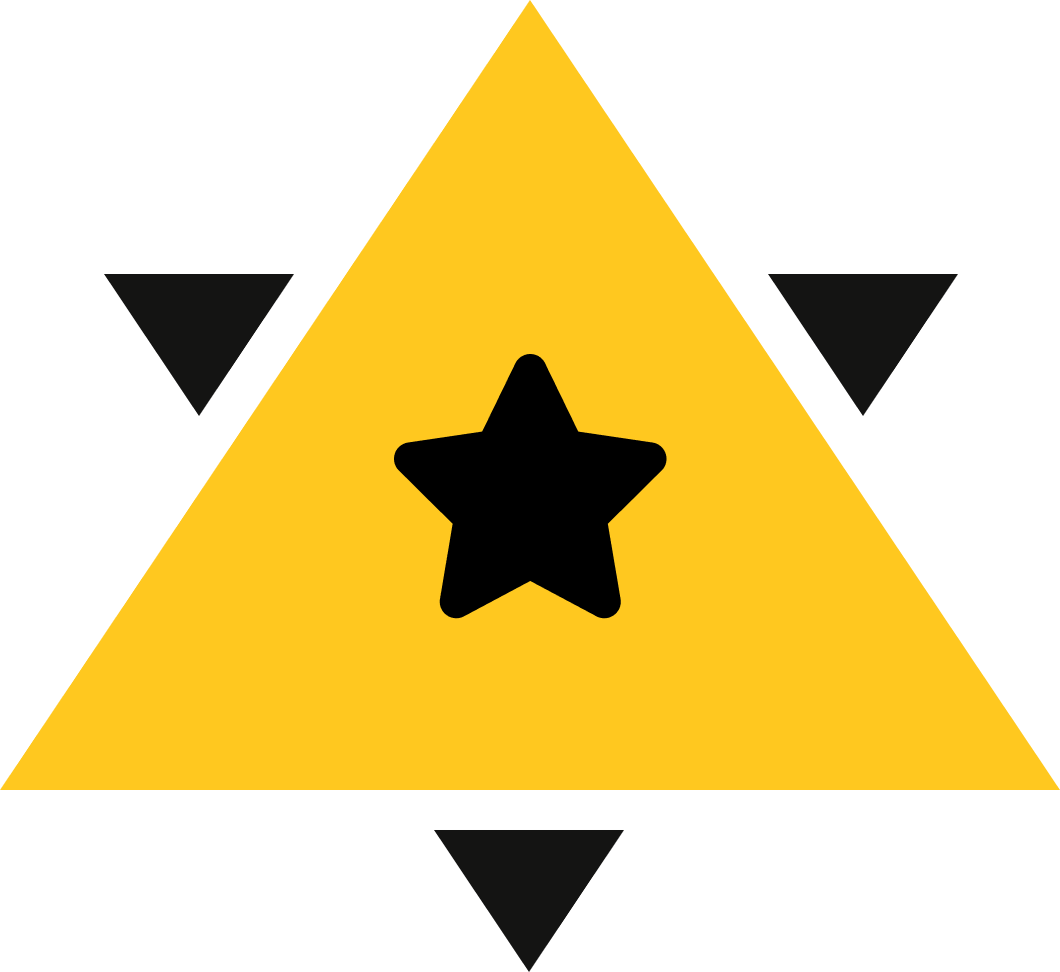
NAR Study Key Milestone Achievements from September 2022 to December 2023
1 
Virtual meeting held with pillar leads 50+ virtual meetings held with pillar leads; introductory meetings, planning for data collection, work plan validation, launching data collection and data review meetings.
2 
Obtaining IRB approval for all the 9 institutions 100% achievement with approvals received from all in-country institutions
3 
Development of study participants database with a response rate of 69% (quantitative data) cumulatively from all HC partner institutions.
4 
Reviewing and programming of quantitative data collection tools 6 in total
100% achievement since all tools have been programmed and reviewed on Kobo
5 
Data collection and analysis for each pillar in the 9 institutions (underway)
- All data collection set to conclude in Dec 2023. Quant data response rate is at 69%.
6
Report writing and documentation
- AIC HENT cohort 1 and semi-annual reports
- Monthly reports for September 2022-Dec 2023
- Weekly reports for all the research activities
- Archival of all study documents on sharepoint
Appendix 1: Terms of Reference (ToR) for Engaging Co-Principal Investigators (Co-PIs) in the NAR Study
Research Teams
The following research teams are engaged in the study.
| Health Collaborative Institutions | Ethics Approval |
| Addis Ababa University | Yes |
| African Institute for Mathematical Sciences (AIMS) | Yes |
| African Leadership University | Yes |
| Amref International University (Kenya) & Amref Health Africa | Yes |
| Ashesi University | Yes |
| Kwame Nkrumah University of Science and Technology | Yes |
| Moi University | Yes |
| University of Cape Town | Yes |
| University of Toronto | Yes |
| Key Areas of Engagement | Roles and Responsibilities of the Co-PIs |
| Ethical approval | Lead in protocol development of the institution. Development and submission of the ethical package approval requirements to the relevant REB Follow up and submission of the study ethical approval certificate to the Amref team for archiving Provide research ethics certificates of the researchers involved in the NAR study to Amref for archiving Ensure institutional protocol adherence in the implementation of the NAR study activities in the institution |
| Planning for data collection | Participate in the data collection planning and kick off meetings Provide technical guidance on key organizational specific considerations to observe during the data collection process Review and validate the Needs Assessment Research Study Institutional workplan Provide partner specific study database-a study participant list of learners, program leaders and employers Advice on the feasible timeline to begin the data collection process Provision of the total number of learners for sample size calculation as applicable |
| Data collection | Key contact person for all NAR study information within the institution Mobilization of the institution participants to participate in the data collection process. Communication of the data collection dates in the institution Led the quality assurance of the data collection process to ensure high response rates and accuracy of data |
| Dissemination | Participate in regular stakeholder meetings/calls for progress update and cross learning of the NAR study Review and validate the findings generated from data collection activities of the institutions Dissemination of the final report to the institution |
